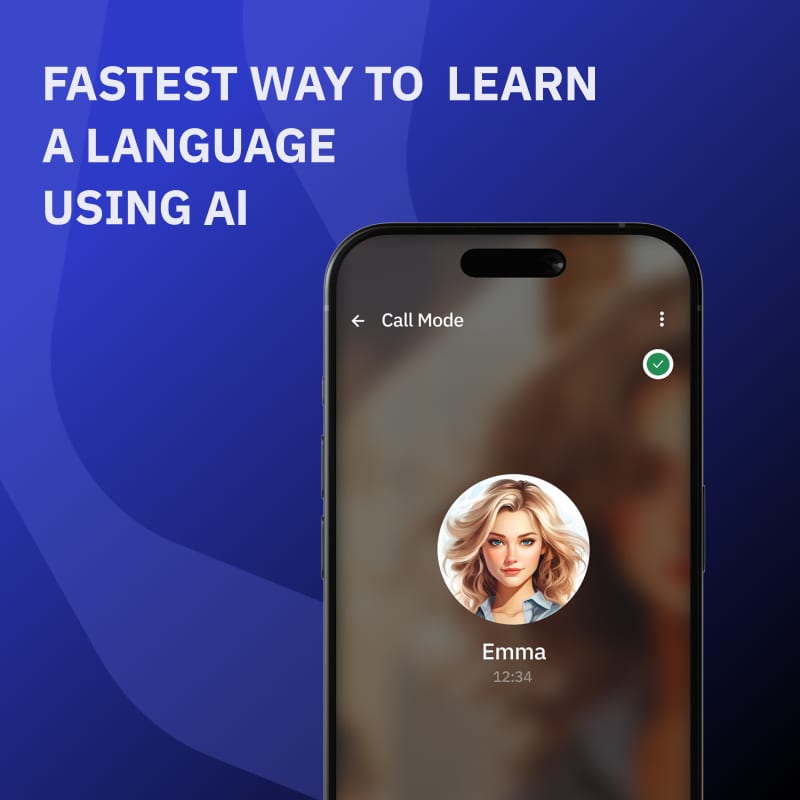The Rise of Language Learning Apps
In today’s globalized world, learning a new language has never been more important. Whether for personal growth, travel, or professional reasons, the ability to communicate in multiple languages is a significant advantage. Traditionally, learning a new language would involve classroom lessons, textbooks, and perhaps audio tapes. However, with the advancement of technology, language learning has become more accessible and engaging through mobile apps. These applications offer users the flexibility to learn at their own pace, anytime and anywhere, which is a considerable improvement over traditional methods.
Key Features of Top Language Learning Apps
To understand what makes an effective language learning app, it’s essential to look at the features that set the best apart from the rest. Here are some critical elements:
Interactive Content: Engaging content that keeps users interested is paramount. This can include games, quizzes, and interactive dialogues.
Speech Recognition: Advanced speech recognition technology helps learners improve their pronunciation, a crucial aspect of language learning that is often neglected in app-based learning.
Personalized Learning Paths: The best apps offer customized learning experiences, adjusting the difficulty and topics based on the learner’s performance and preferences.
Progress Tracking: Features that allow users to see their progress visually can motivate learners to keep pushing forward.
Offline Access: The ability to use the app without an internet connection is essential for learners who might not always have access to Wi-Fi or data services.
Review of Popular Language Learning Apps
Let’s delve into some of the most popular language learning apps on the market and discuss their strengths and weaknesses.
Duolingo: Perhaps the most well-known language learning app, Duolingo offers a game-like experience to learning. It covers a vast array of languages from Spanish and French to less commonly taught languages like Welsh and Swahili. The app is free with optional premium features, making it accessible to a broad audience.
Babbel: Babbel focuses more on helping learners acquire useful conversational skills and places a significant emphasis on improving pronunciation. It’s structured around 10-15 minute lessons that make daily learning manageable for busy individuals.
Memrise: Memrise uses spaced repetition to help users learn vocabulary effectively. It also uses videos of native speakers, which helps learners understand the practical use of phrases and expressions in everyday conversations.
Rosetta Stone: A veteran in the language learning field, Rosetta Stone offers a fully immersive experience. It uses no translation, encouraging learners to think in the target language from the start, which can be challenging but beneficial in the long run.
HelloTalk: HelloTalk is unique in that it connects learners with native speakers around the world. This exchange allows users to practice their new language skills in real-time with real people, which can significantly enhance the learning process.
Effectiveness of Language Learning Apps
While these apps offer great tools, the effectiveness of learning a language through an app largely depends on the user’s commitment and consistency. Regular practice is crucial, as is supplementing app-based learning with other resources like language classes, textbooks, and real-world conversation practice.
Research suggests that while apps can be an effective tool for vocabulary acquisition and basic conversation, they are generally not sufficient on their own to achieve fluency. Therefore, they should be viewed as part of a broader learning strategy.
SEO Strategies for Language Learning Apps
For developers of language learning apps, understanding and implementing Search Engine Optimization (SEO) strategies is essential to reach a broader audience. Here are some effective SEO tactics:
Keyword Optimization: Including relevant keywords in app titles and descriptions can help the app rank higher in app store search results.
Local SEO: Optimizing for local SEO can help apps attract users from specific geographical areas. This is particularly useful for apps focusing on regional languages or dialects.
Content Marketing: Creating valuable content such as blogs, videos, and infographics related to language learning can drive organic traffic to the app’s website or download page.
Backlinking: Acquiring backlinks from reputable sites not only improves SEO but also enhances credibility.
Social Media Engagement: Active engagement on social media can increase visibility and user retention. It’s also a great platform for gathering user feedback and providing customer support.
Conclusion
Language learning apps have revolutionized the way people acquire new languages, making learning accessible, affordable, and fun. While these apps offer a great starting point, they should be used in conjunction with other learning methods for best results. As technology continues to evolve, we can expect these apps to become even more sophisticated, further transforming the landscape of language learning.













